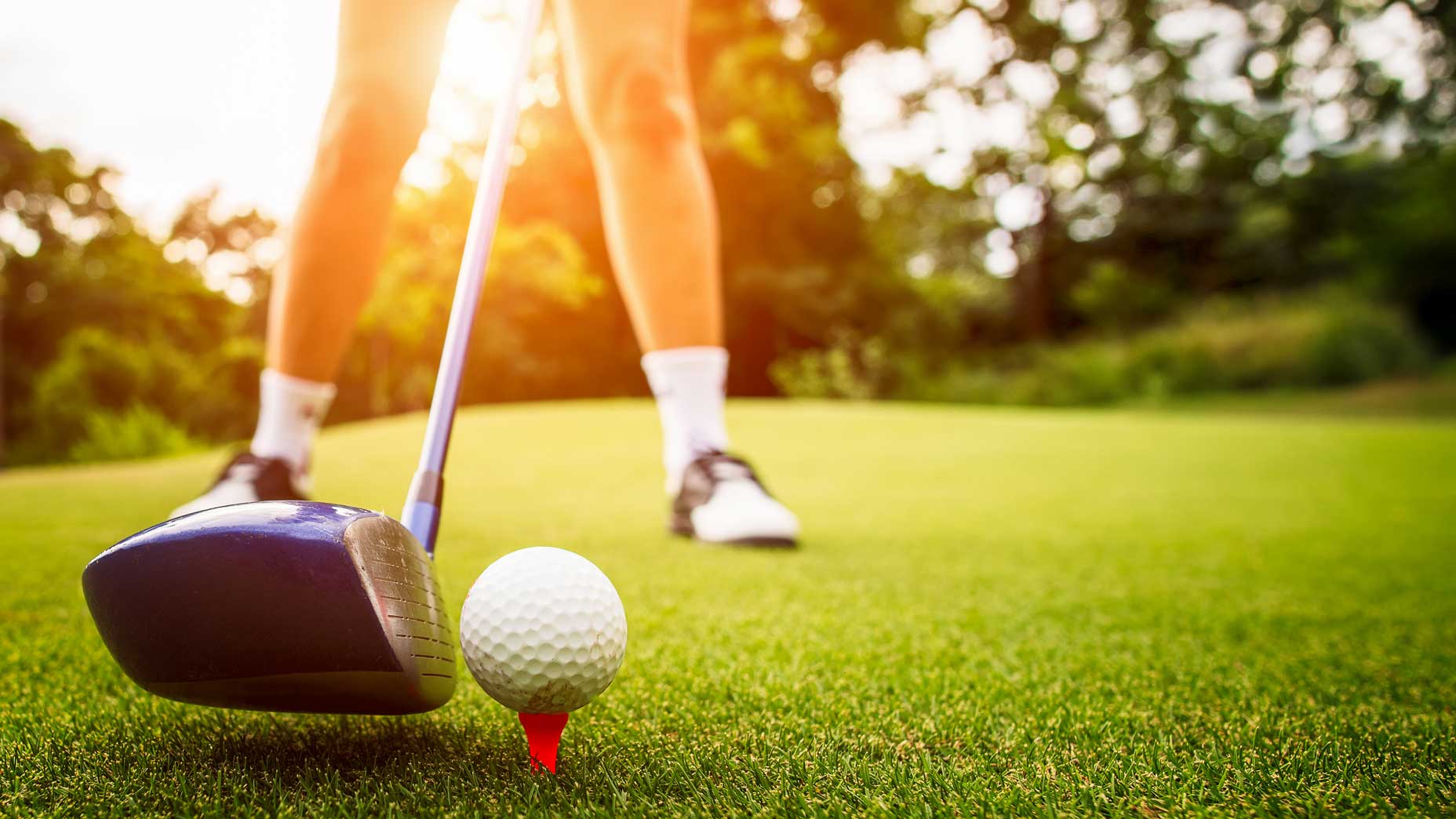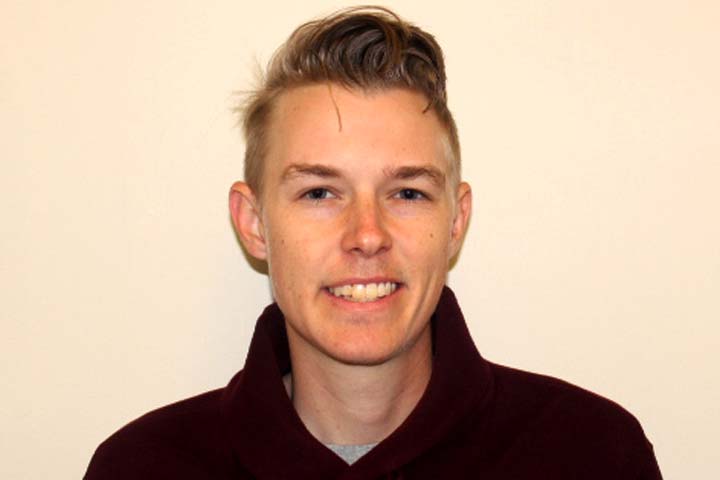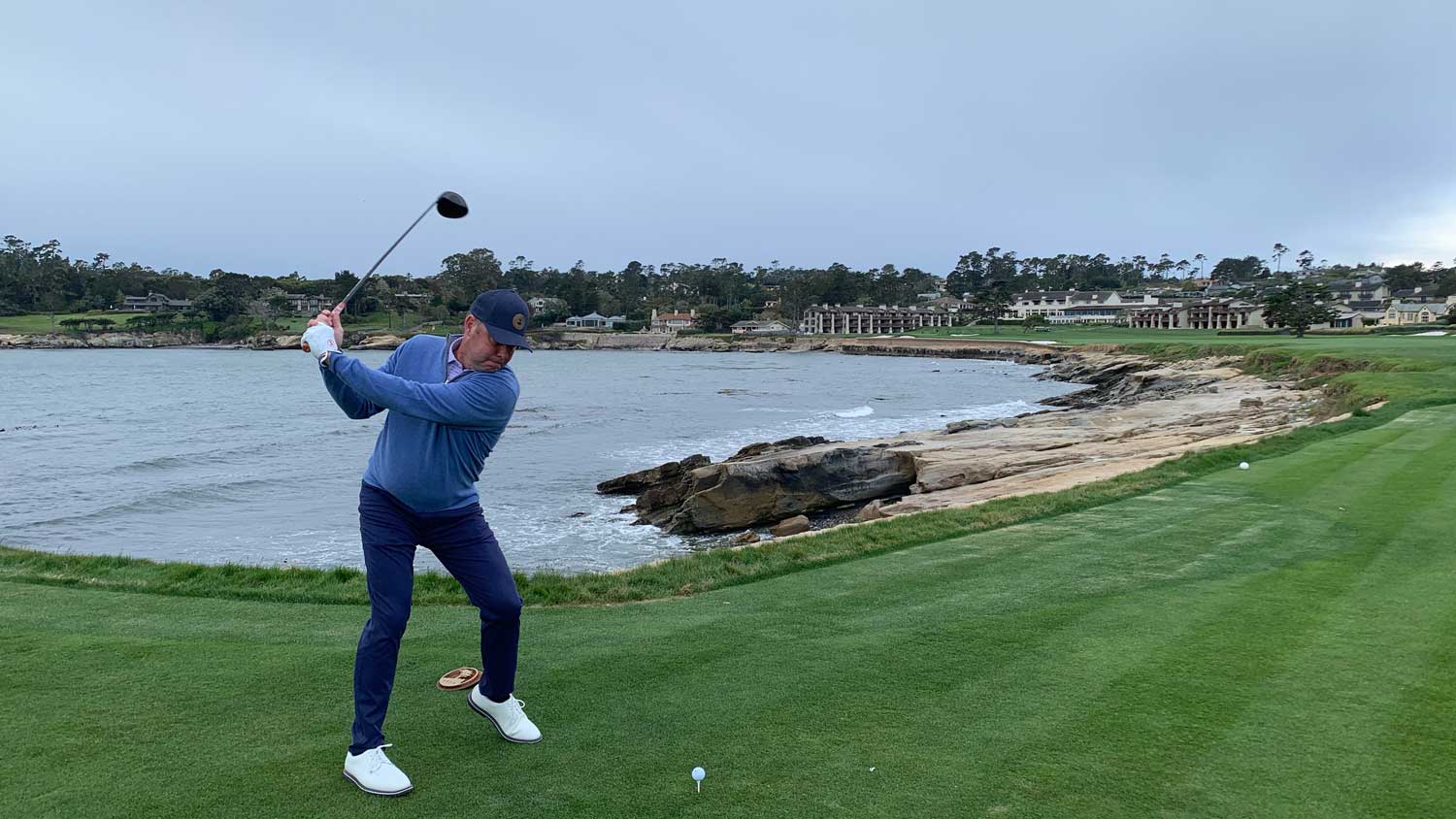
According to GOLF Top 100 Teacher Jeff Warne, properly managing the clubface is the biggest mistake he sees amateur golfers make.
Getty Images
Amateur golfers make plenty of mistakes on the course. From severely under-clubbing to overaggressive course management, there’s plenty of room for improvement for the average amateur.
Those course-management mistakes are just the beginning of their flaws, though. Once you begin to break down how they actually swing the club, there are plenty more errors to be found.
One of the biggest mistakes amateurs make, according to GOLF Top 100 Teacher Jeff Warne, is how they manage the clubface. The direction of the clubface at impact determines which way the ball will travel, and that subconsciously plays into golfers’ fundamentals.
“You go out and play for the first time and the ball is going right,” Warne says. “What do you do? You try to make the ball not go right. You adjust your grip. Adjust your aim. Close your clubface. Everything is a compensation. If your face is bad, you’re going to develop a poor path or poor arc, which will interfere with your contact.”
Having awareness of the clubface is one of the most important things a golfer can do. Everything in the swing comes back to the angles of the clubface, so understanding how that works is key for hitting the ball solid.
“The most important thing in teaching, for me, is helping the player get face awareness,” Warne says. “Especially with beginners. Even if it’s not a formal golf grip, I try to give them something to square the face, even if they have to split their hands or use a baseball grip.”
Having awareness of the angle of the clubface is something that even affects good players. For example, when the face is shut, a player will swing more out to the right to keep the ball from going left. Even when the awareness is subconscious, knowing how the clubface is affecting the shot is foundational to a solid swing.
“Face awareness is critical at every level,” Warne says. “And everything you do is a reaction to that.”








